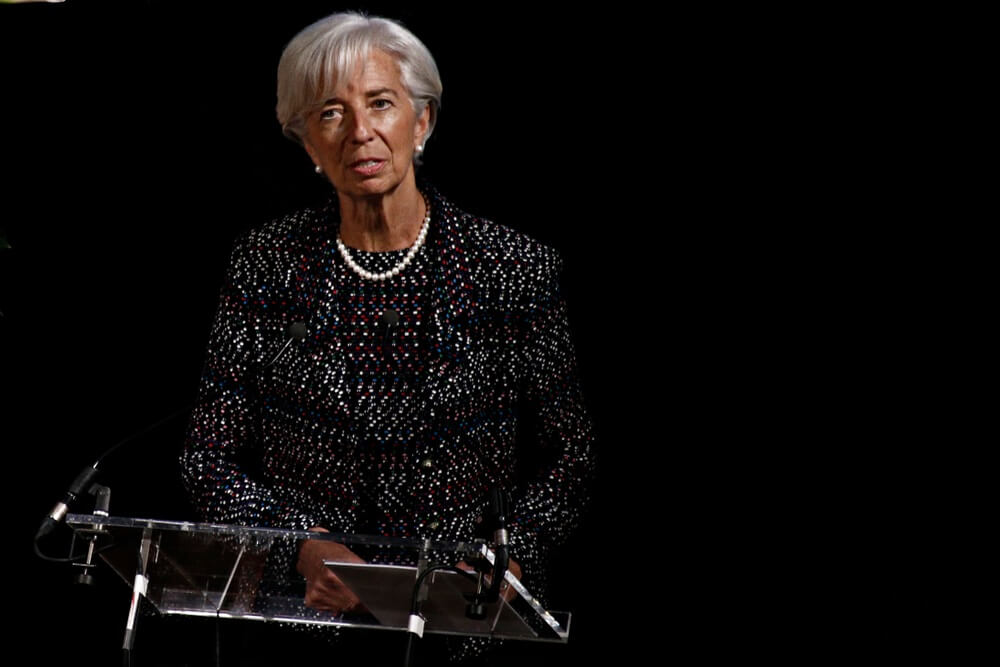The International Monetary Fund (IMF) has said that the growth of the crypto market could create “new vulnerabilities” to the financial market as banks adjust to it.
IMF Concerned About Crypto
The IMF published a new World Economic Outlook report today. In a report from Forbes, the IMF states that:
Cybersecurity breaches and cyber attacks on critical financial infrastructure represent an additional source of risk because they could undermine cross-border payment systems and disrupt the flow of goods and services. Continued rapid growth of crypto assets could create new vulnerabilities in the international financial system.
This isn’t the first time that the IMF has spoken about the crypto market. In February, Christine Lagarde, the chief of the IMF, stated that it was only a matter of time before cryptocurrencies fell under government regulation. At the time, she said:
It’s clearly a domain where we need international regulation and proper supervision. There is probably quite a bit of dark activity [in cryptocurrencies].
Interestingly, around the same time, Daniele Nouy, the European Central Bank’s (ECB’s) chief supervisor, said that regulating the crypto market was not a top priority. The U.K.’s Prime Minister, Theresa May, has also stated that her government is looking at cryptocurrencies due to their use by criminals.

Yet, while the IMF has said that the crypto market poses a risk, Largarde has also said that it can benefit finance too.
In April, the IMF chief said that the blockchain could make traditional finance function more effectively. Additionally, smart contracts could eliminate the need for some intermediaries, she noted. She also said, at the time, that the crypto market doesn’t pose any immediate danger to the finance sector. It appears that that sentiment has changed for the IMF.
Embracive of the Blockchain
As the technology continues to mature, a growing number of financial institutions are turning to it.
A few banks embracing the blockchain include JPMorgan, the Philippines’ Union Bank, HSBC, and the Commonwealth Bank of Australia.
This, however, is unsurprising, given the fact that the technology was first used within the finance sector. At the same time, though, it’s understandable. At present, processing or sending transactions cross-border takes days with unforeseen delays often impacting when money is received into a person’s bank account.
Yet, with the blockchain, it provides the transparency needed that banks lack, not to mention far greater transaction speed. So while they may not be so embracive of digital currencies, they are happy to use its underlying technology.
Do you think the IMF is right that the crypto market will create new vulnerabilities to traditional finance? Let us know in the comments below.
Images courtesy of Shutterstock.




